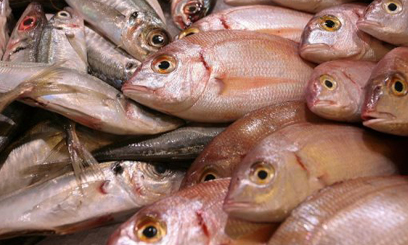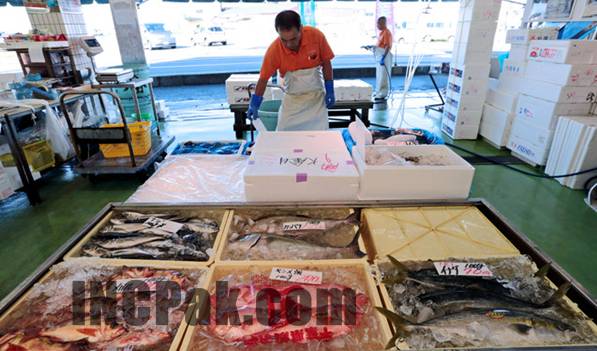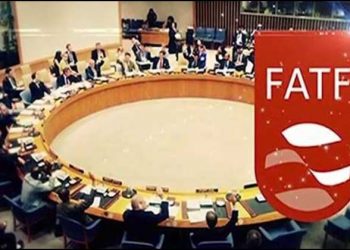South Korea banned imports of fish caught near the site of the Fukushima nuclear accident over concerns of radioactive contamination from the plant.
South Korea has expanded its ban on Japanese fisheries products over fears of contamination from the crippled Fukushima nuclear plant, accusing Tokyo of not providing enough information on the crisis.
Consumption of fish products in South Korea has dropped sharply in recent weeks as Japanese workers struggle to contain leaks at the tsunami-wrecked facility.
https://www.incpak.com/world/sheppey-bridge-crash-cars/
Highly toxic water may have made its way into the Pacific Ocean, operator Tokyo Electric Power (TEPCO) has admitted.
The utility also says up to 300 tonnes of mildly radioactive groundwater is making its way into the sea every day.
“The decision was made as public concerns are growing after radiation-contaminated water has leaked from the Fukushima nuclear plant,” Prime Minister Chung Hong Won’s office said in an e-mailed statement. “It’s uncertain how this situation has developed in Japan and it’s difficult to predict the future only with the information provided by Japan so far.”
Japanese Prime Minister Shinzo Abe said this week that he would end what he called the country’s ad hoc response to dealing with Fukushima as the government announced plans to spend more than $470 million to stop the leaks. The new concerns about Fukushima may also weigh on Tokyo’s prospects of being chosen to host the 2020 Summer Olympics. With a decision expected tomorrow, Tokyo is favored to win though its odds have declined in recent days, according to betting websites.
Japanese food and water are already subjected to the world’s toughest inspection standards, Chief Cabinet Secretary Yoshihide Suga said when he was asked about the South Korean decision at a briefing today in Tokyo.
“International standards are enforced on Japanese food, including marine products,” he said. “We have strict safety management based on that. In cases where tests show radiation is above the standards, we prevent shipping and so these products will not be distributed to the market.”
South Korea had previously imposed an import ban on dozens of Japanese fisheries products produced in Fukushima and seven other prefectures following the meltdown at the nuclear plant, triggered by the 2011 tsunami.



















